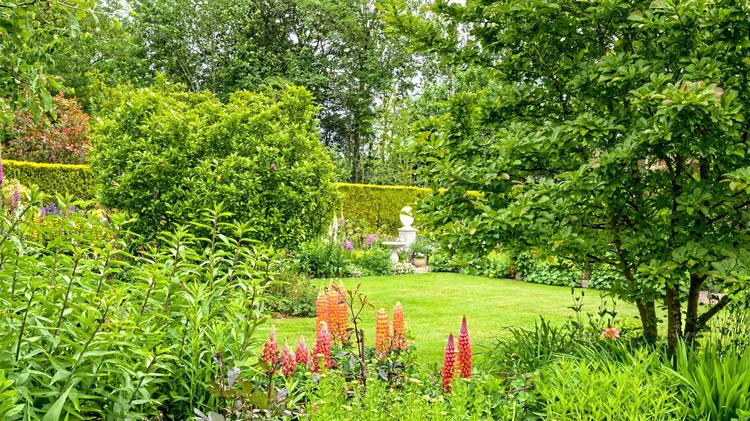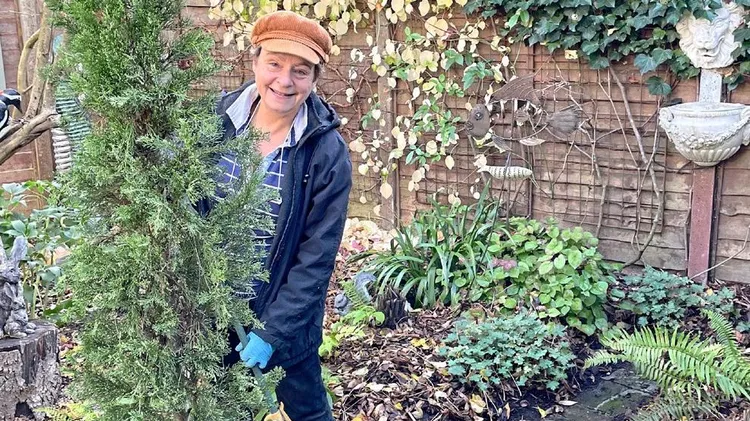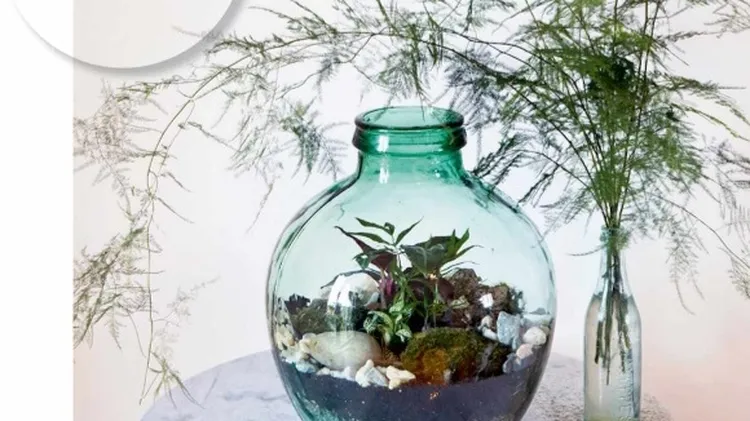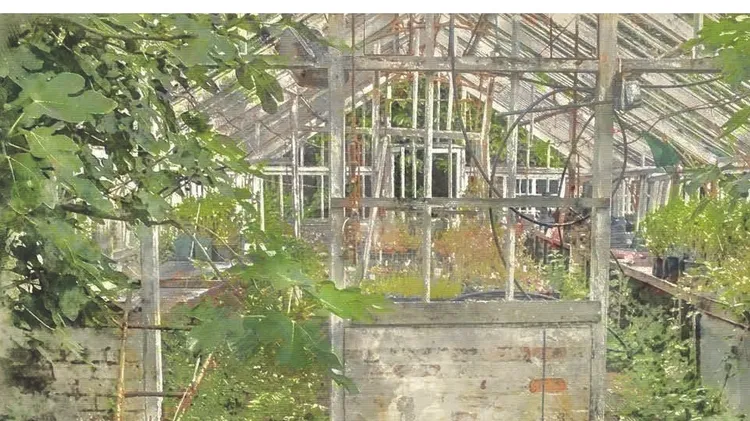The UK’s doyenne of herbs on turning her small garden into an empire – and t
Jekka mcvicar
2 min read
This article is from...
Read this article and 8000+ more magazines and newspapers on Readly






